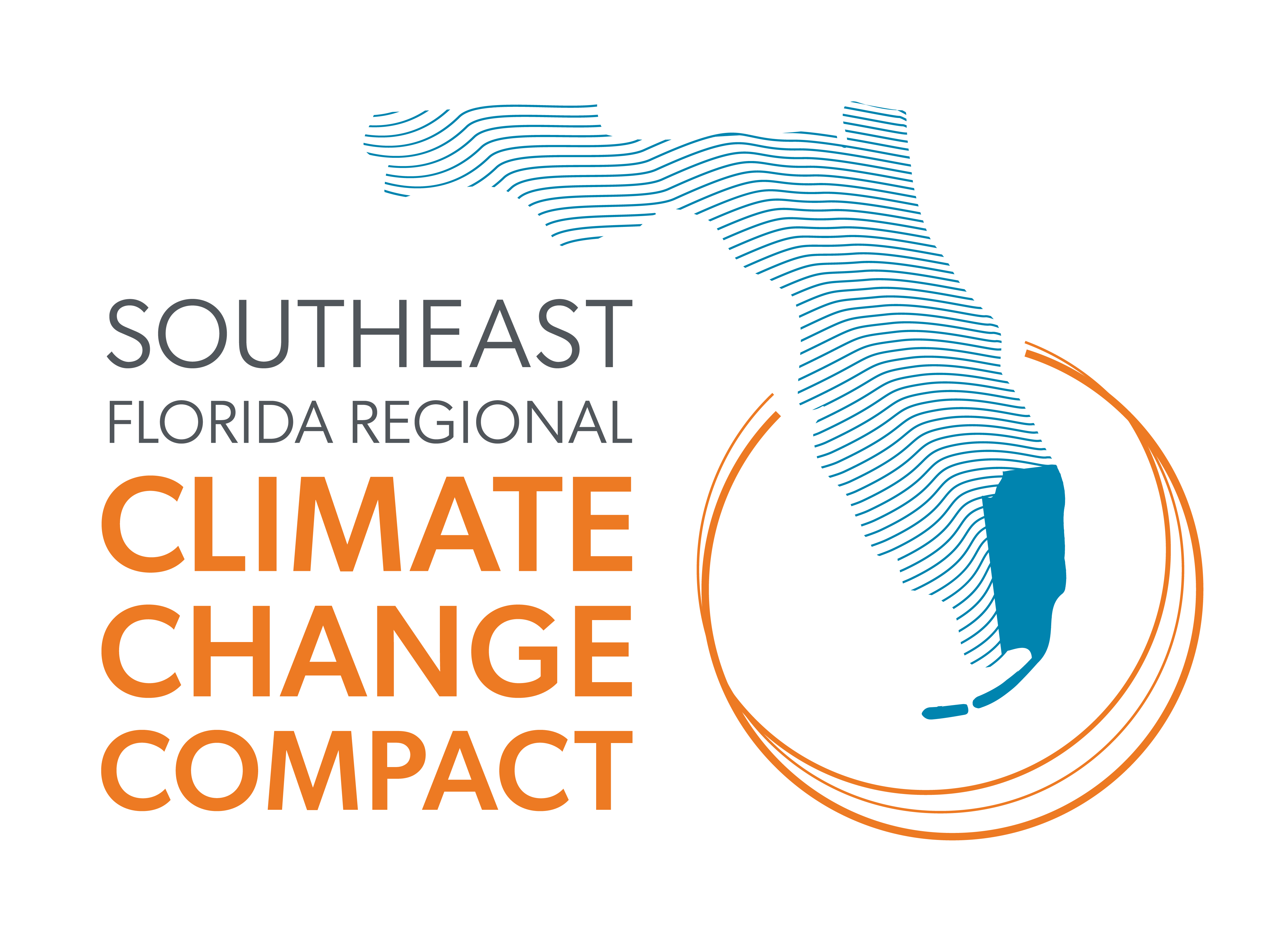
News
Florida’s 2020 Legislative Session Recap
April 7, 2020

The 2020 legislative session has concluded with mixed results for climate change priorities. Florida legislators enacted the first major piece of climate-related legislation in a decade during the 2020 session. Senate Bill 178 – Public Financing of Construction Projects was unanimously adopted, and if signed by the Governor, will require the state, local governments, or any other public entity to conduct a Sea Level Rise Impact Projection (SLIP) Study before construction of any state-funded project in a coastal building zone. The Florida Department of Environmental Protection (FDEP) is required to conduct a rulemaking to create a rule defining SLIP studies. Completed studies must be submitted to FDEP and published on FDEP’s website for 30 days before construction may start; and all studies will be kept on FDEP’s website for 10 years.
In addition, the bill authorizes FDEP to file for injunctions to halt construction, enforce other bill provisions and associated rules, and pursue repayment of state funds if construction occurs without following the legal and regulatory requirements for SLIP studies. Support for legislation requiring state and local governments to consider projected sea level rise in infrastructure decisions has been a top legislative priority of the Compact counties for several years.
Other approved legislation of interest includes Senate Bill 7018 – Essential State Infrastructure, which includes language requiring FDOT to develop a master plan for electric vehicle charging infrastructure along the State Highway System. No other climate or energy legislation passed the Legislature in 2020, including bills to require renewable energy goals for the state and its electric utilities, to allow for third-party sales of electricity, or to require annual reports on climate risk and climate health impacts.
Florida Forever, the state’s main program for buying land for conservation purposes, will be funded at $100 million dollars. This level falls short of the program’s historic annual levels, which once exceeded $300 million, but represents a tripling of last year’s funding level of $33 million. Support for Florida Forever funding is one of the Compact’s legislative principles.
In addition, the Legislature approved Senate Bill 172 – Florida Drug and Cosmetic Act, which preempts the regulation of over-the-counter drugs and cosmetics to the state. This legislation was filed to invalidate the city of Key West’s ban on sunscreens containing oxybenzone and octinoxate, two common sunscreen ingredients shown to cause damage to coral. Other cities around Florida, including Fort Lauderdale, have begun to explore similar legislation. Opposition to preemption of local home rule is one of the Compact’s legislative priorities. Several bills attempting to remove or move towards removal of the state’s preemption of local regulations on plastic bags and polystyrene failed to advance in 2020.
Throughout the session, the Compact closely watched Senate Bill 7016 – Statewide Office of Resiliency, which did not advance. The legislation was unanimously approved by the Senate and sent to the House, where it died before action could be taken. SB 7016 would have established, in statute, the Office of Resiliency in the Executive Office of the Governor (the office currently exists through executive order) and created a Statewide Sea Level Rise Task Force to develop “consensus baseline projections, or a range of projections” for sea level rise along the coast of Florida. The Task Force would have included the state’s Chief Resilience Officer, Chief Science Officer, appointees of the Senate President and House Speaker, and representatives from FDOT, the Division of Emergency Management, the Department of Agriculture and Consumer Services, the Fish and Wildlife Conservation Commission, and the Department of Economic Opportunity. Compact county representatives communicated the Compact’s interest in ensuring that regional work, such as the Compact’s Unified Sea Level Rise Projection, would be protected as state-level projections were developed given regional variations in sea level rise.
